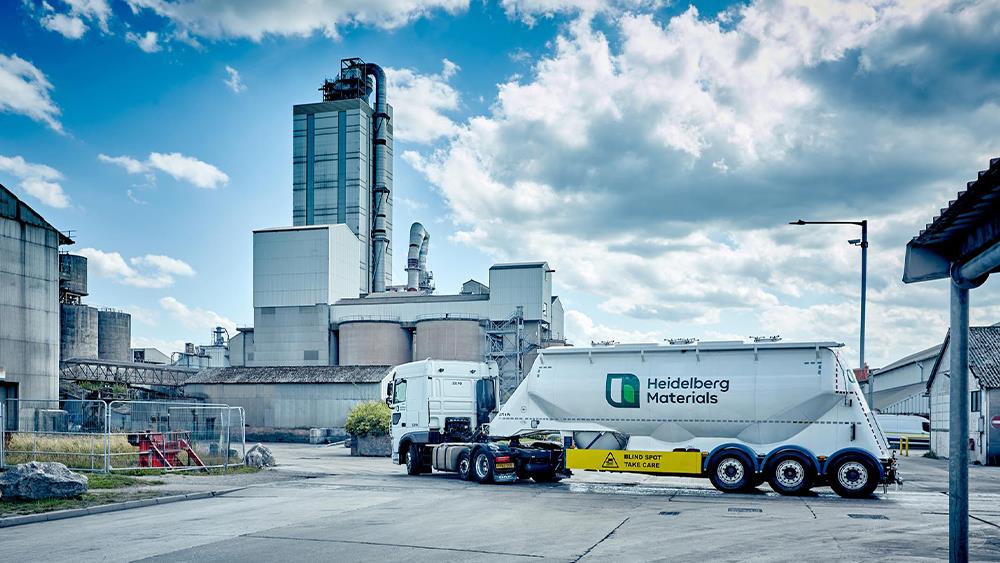

Heidelberg Materials UK has been granted planning permission to build a carbon capture plant (CCP) at its Padeswood cement works in north Wales.
The decision by Planning and Environment Decisions Wales means that the company’s plans to create the UK’s first net zero cement works have moved a step closer.
The facility aims to capture and store up to 800,000 tonnes of a year from the existing cement works, which will be transported via the HyNet North West underground pipeline for secure storage under the seabed in Liverpool Bay.
The project is expected to bring economic benefits to the area through investment and job creation: it is anticipated to create around 50 new full-time jobs, and up to 500 jobs during construction.
“This is fantastic news and a huge step forward for our Padeswood carbon capture and storage (CCS) project,” said Simon Willis, CEO at Heidelberg Materials UK.
“Cement is essential to the UK’s transition to net zero. It is fundamental to the development of everything from new offshore wind farms, to nuclear power stations, to low carbon infrastructure, and the thousands of green jobs that these projects will create.”
The production of cement is carbon intensive, with a large proportion of emissions resulting from the chemical process involved in cement’s manufacture. They cannot be reduced by using low carbon or renewable energy sources. One way to produce net zero cement is to capture the CO2 using CCS before it enters the atmosphere.
Once operational, the Padeswood facility will capture almost all of the CO2 produced during cement manufacture and enable the production of evoZero carbon-captured net zero cement as early as 2029, setting the construction industry on a path to decarbonisation and help the government reach its 2050 net zero targets.